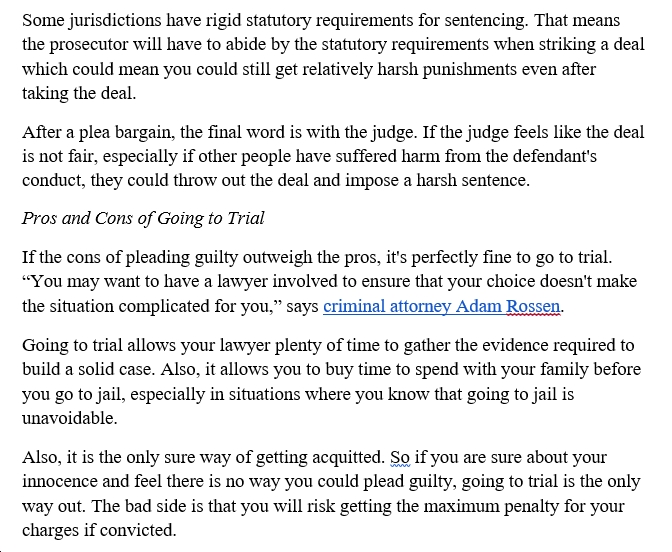SPONSORED CONTENT
Finalizing the terms of a divorce is difficult. In many cases though, it’s even more difficult to make sure the court’s final orders are upheld. This is often the case with divorce cases that involve child support. Parents ordered to pay child support to the custodial parent often just don’t want to. Perhaps what’s worse is that when they don’t receive their rightful payments, custodial parents think there is little they can do about it.
New data from a U.S. Census report shows that only 43.5 percent of parents with custodial rights are receiving the full amount of child support a court has awarded them. Over 30 percent of custodial parents don’t receive any financial support at all.
Putting it in monetary terms, the U.S. Department of Health and Human Services’ Offices of Child Support Enforcement (OCSE) reported that child support is only paid for one in five children and that a total of $10 billion in child support payments went uncollected in 2016. That figure reaches even higher when parents making only partial payments are taken into consideration.
“Divorce is difficult enough for a family to go through,” says Attorney Brian W. Reidy of the Reidy Law Office, LLC. “When one parent won’t provide financially for their child though, it’s even more challenging. Many custodial parents fall below the poverty line due to missed child support payments. These parents need to know there are steps they can take to receive the child support they are owed.”
In Illinois, custodial parents not receiving proper child support payments can take action. They can file a petition with the court asking the court to enforce the child support payments. If the parent responsible for making payments still fails to do so, the penalties include jail time, wage garnishment, passport denial, and withholding of tax refunds and other state benefits, such as workers’ compensation. These funds will then be diverted into child support payments.
The laws surrounding child support payments are very detailed, and the laws on enforcing it are even more complex. Any parent that is not receiving proper child support payments should speak to a family attorney that can file the necessary paperwork with the courts, advise on procedure, and help ensure child support payments are made.


















